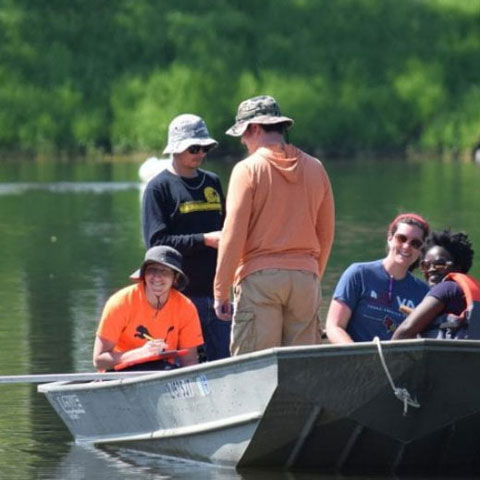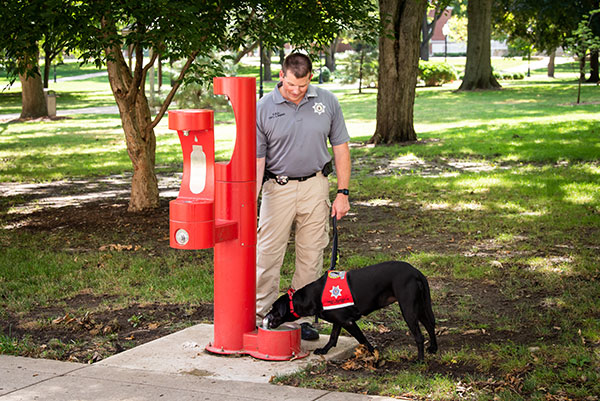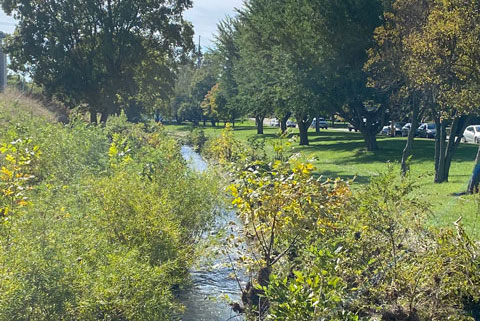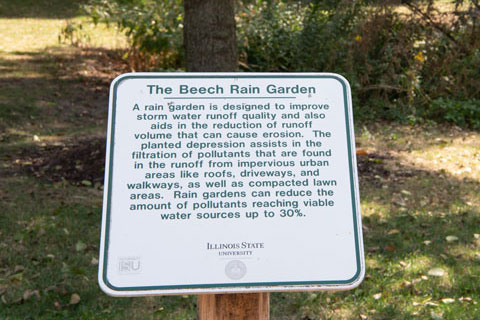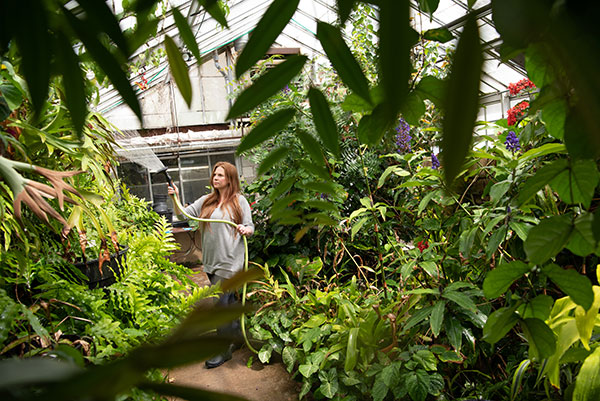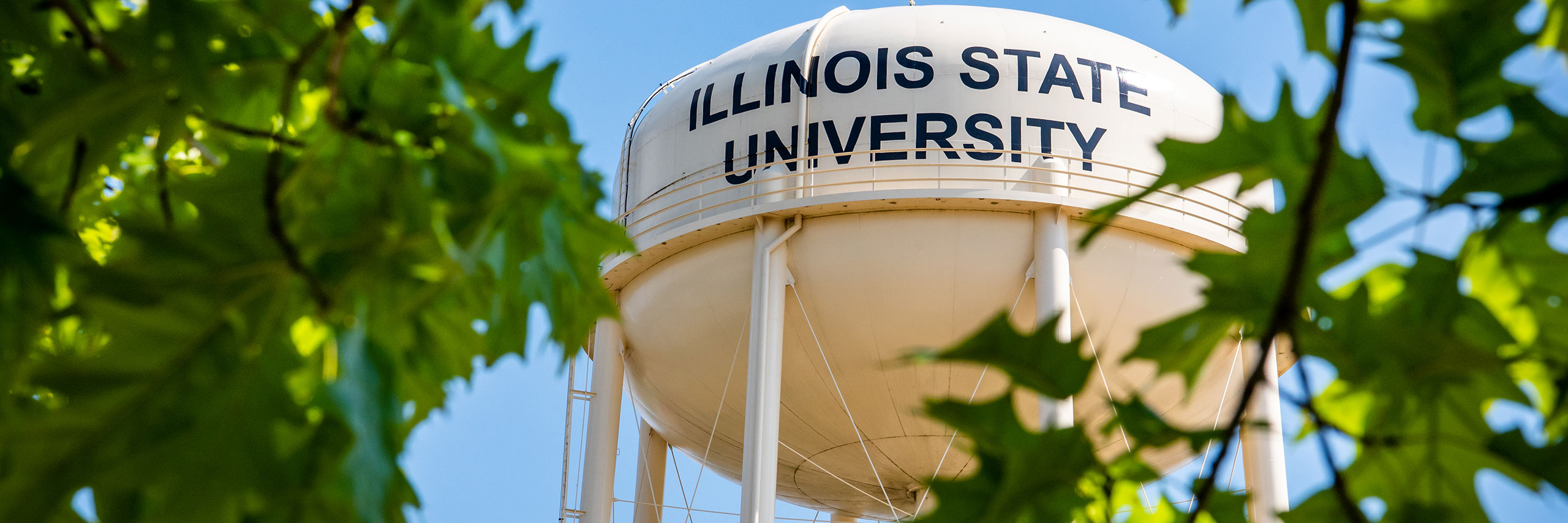
Water
We optimize our water efficiency in all buildings and campus operations.
Our Water Conservation Efforts
Here's what we're doing to use only the water we need.
-
Rain Gardens
These specially-designed gardens drain in such a way that rain helps water all the plants. Our rain gardens include native shrubs, perennials, and flowers planted in a small depression which is generally formed on a natural slope.
You can find a rain garden on the quad and near Turner Hall. We plan to add more rain gardens in the future.
-
Laundry
All residence halls have Energy Star washing machines. These high efficiency washers consume 50 percent less water than top-loading washers. The University has saved nearly 3.5 million gallons of water with this system.
Save time and energy with LaundryView. This service helps you avoid busy laundry rooms, track your load's cycle progress, and more.
-
Repairs
We get control of leaks as soon as we know they're happening thanks to a notification system in Facilities Services.
-
Water Stewardship
University Facilities Services reduces water consumption in many areas across campus.
Bathrooms in Residence Halls
Our residence halls include low-flow showerheads, low-flush toilet tanks, and flush valves. All of these help reduce water usage.
Air Conditioning
Air conditioning requires water. Water evaporates in cooling towers which are part of these systems. We updated our towers around campus to be more efficient. Our water consumption has reduced by 12 percent and has saved over three million gallons of water per year.
Heating
We're actively reducing water consumed by our steam boilers. Our piping systems are regularly checked and repaired. We also have more efficient pumps to maximize the amount of condensed steam. Ninety percent of the steam gets returned to the campus Heating Plant for reuse. This helps save energy that would be needed to heat cold city water. It's also saved more than 500,000 gallons of water per year.
Making Water More Accessible
Everyone deserves access to free, clean drinking water. Here's what we're doing on campus to make water more available.
-
Refill Stations
Fill your reusable water bottle at any water station around campus.
View the campus green map to find their locations.
-
Reusable + Refillable Redbird Bottles
Our ISU-branded water comes in reusable aluminum bottles—an infinitely recyclable alternative to single-use plastic.
Reduce Your Water Consumption
Take simple steps and use only the water you need.
